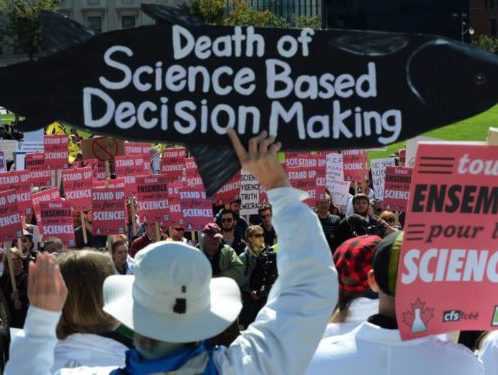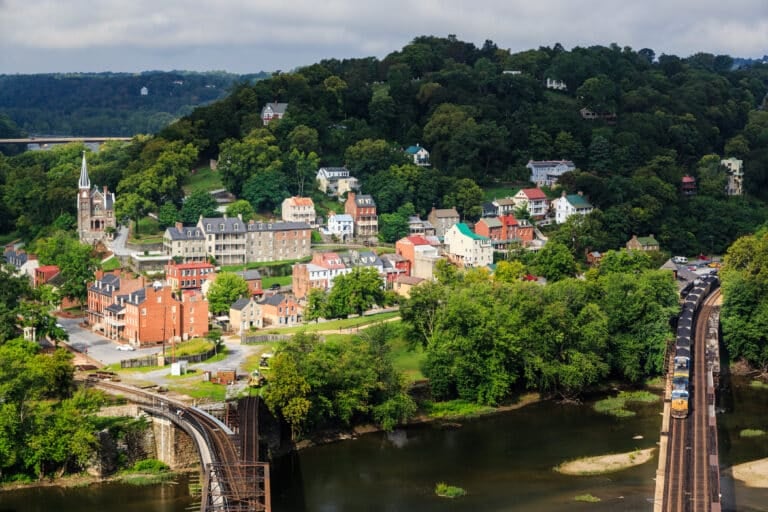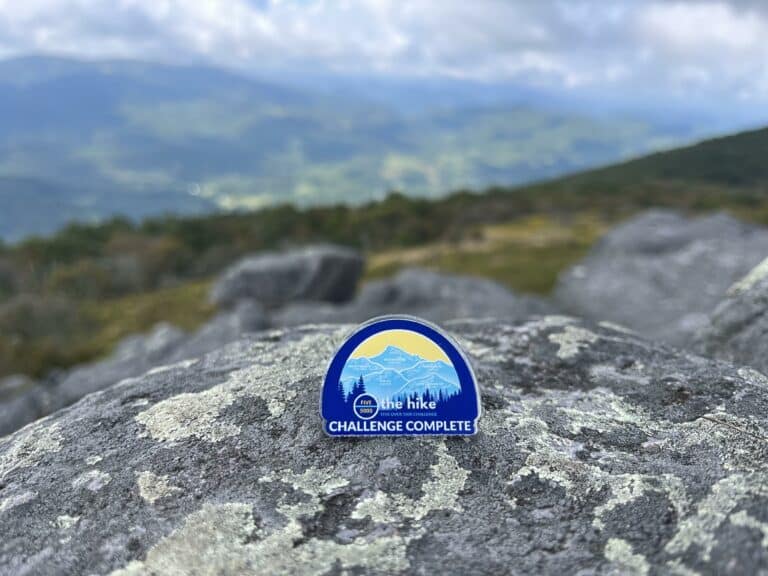A new movement to secure and protect scientific information some fear will be lost throughout the Trump Administration is gaining traction across the United States.
Guerrilla archiving, the effort to copy government website data onto independent servers, hopes to safeguard irreplaceable scientific information from political interference.
Some environmentalists think the notoriously climate-hostile Trump Administration will intentionally delete public data on climate change, pollution, renewable energy, and more. Yet most do not see the malicious deleting of data as a threat due to the high risk of political backlash.
Instead, environmentalists are scared that valuable information will be lost through the chaos of transition, downsizing of the Environmental Protection Agency, and environmental deregulation. Eric Holthaus, a meteorologist and journalist who helped launch the guerrilla archiving movement explains, “the biggest concern is that, either through budget cuts or neglect or tough changing priorities, some data is lost or at least access to it is lost.”
Surprisingly enough, there is no federal system in place to protect and archive government website material. Indeed in 2008, the National Archives and Records Administration controversially decided to not record snapshots of government webpages.
In December, the University of Toronto formally kicked off the movement with a conference entitled “Guerrilla Archiving: Saving Environmental Data from the Trump Administration.” The event was co-hosted by Internet Archive, a San Francisco based nonprofit that aims to archive United States Government websites that are at risk during political transitions.
The event brought together a wide range of participants: scientists, coders, librarians, archivers, and many other tech savvy types. Decentralized in nature, the conference allowed different groups to focus on varying infrastructure priorities or policy areas.
Librarians made sure data was correctly archived so it could still be used in professional research. Coders worked to streamline the data harvesting process. Scientists pinpointed certain research areas and datasets that could be at risk. Everyone had a place at the table.
Since the Toronto event, similar action days have sprung up across the country, primarily in cities with burgeoning tech industries. In March, there will be guerrilla archiving events in New Haven, Ct., Madison, Wi., and Houston, Tx.
Guerrilla archiving workflow has also been formalized for the masses through a custom built “Archivers” app. The mobile app allows individuals to check what government websites are yet to be archived and to then feed pages into Internet Archive’s End of Term database. If the specific page is too complex to download, the page can be flagged for further technical attention.
Through action events and the Archive app, guerrilla archiving aims to empower citizens to secure and protect federal digital records–records that are not only important to our Earth, but our collective history.








